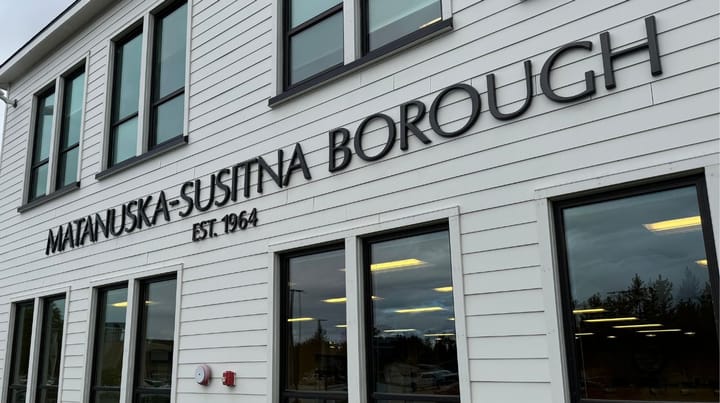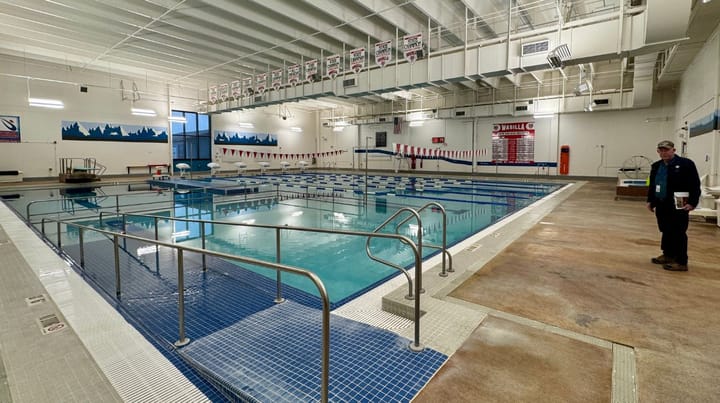Big Lake recreation center set to close unless borough steps in
The Big Lake Lions Recreation Center will close its doors next year unless it finds a new operator.
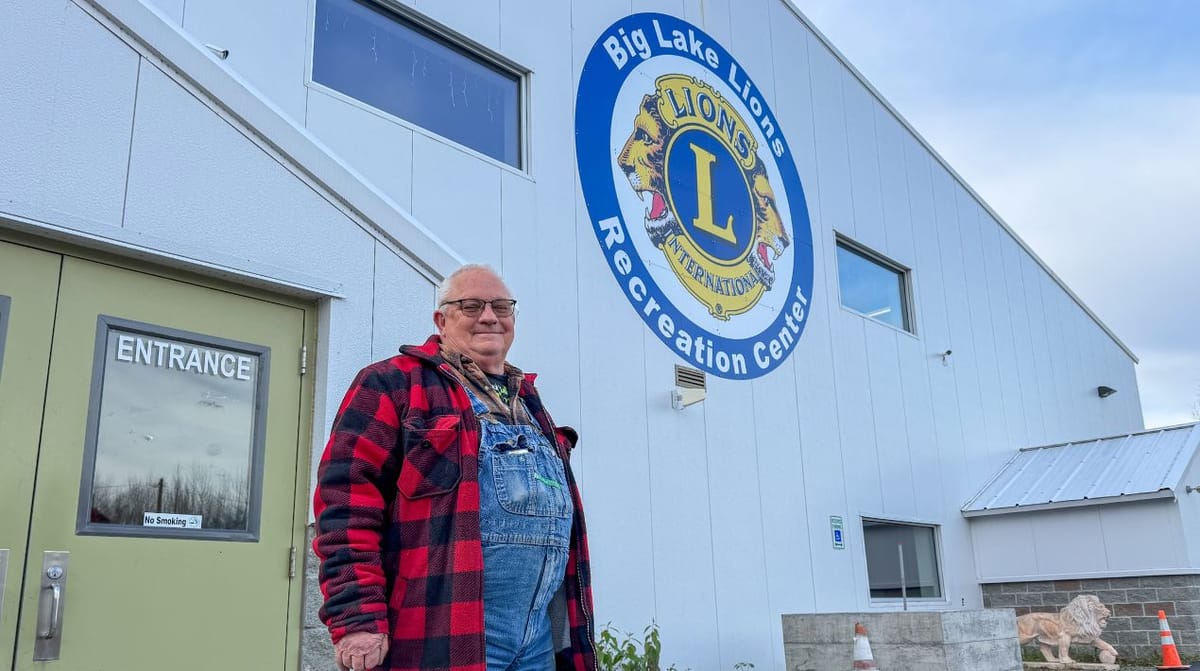
What you need to know:
- A community center and ice rink in Big Lake that hosts thousands of users each year will close next year unless the Matanuska-Susitna Borough buys it, officials said. The volunteer-run facility's only employee, Bill Haller, is moving out of state to care for a sick family member. The Big Lake Lions Club currently owns and operates the facility.
- The Lions keep facility costs down by using an air-cooled ice system and relying on volunteers. Borough staffing requirements and potential upgrades would increase the costs, but would also expand services to the community. The changes would also likely result in an increase in user fees.
- The Lions Club is offering to sell the center to the borough for $400,000, a fraction of its $3.8 million value. A final decision on the purchase will be made next year as part of the borough's 2025 budget.
BIG LAKE — A volunteer-run ice rink and community center in Big Lake with thousands of annual users will close next year if the Matanuska-Susitna Borough doesn’t agree to buy it, organizers say.
The Big Lake Lions Recreation Center hosts winter ice activities and a variety of community events year-round, including weddings, funerals, community council meetings, craft fairs, pickleball games, and wrestling tournaments, officials said. It is owned and operated by the Big Lake Lions Club. They are looking to sell it for $400,000.
About 33,000 people visit the 26,000-square-foot facility annually, they said. It is the only indoor ice rink in the Mat-Su west of Wasilla and the largest community center outside the borough’s core area.
But unless the borough agrees to buy the building and take over its programming, the facility will close permanently after the current hockey season because no one will be available to operate it, said Bill Haller, a member of the Big Lake Lions Club who has been the driving force behind the facility since before it opened in 2010.
Haller, the facility’s primary caretaker who spends hundreds of hours each month maintaining and overseeing it, is moving out of state to care for a sick family member. He said no other club volunteers are available to take over the center’s operations, and they have been unable to find a for-profit business or nonprofit group that wants it.
“The community of Big Lake really needs this facility — it’s very well used,” Haller told the Mat-Su Assembly last month. “Other communities in the borough have facilities that the borough operates. … It needs help, it needs somebody to operate it and run it, and I’m not going to be able to do it anymore.”
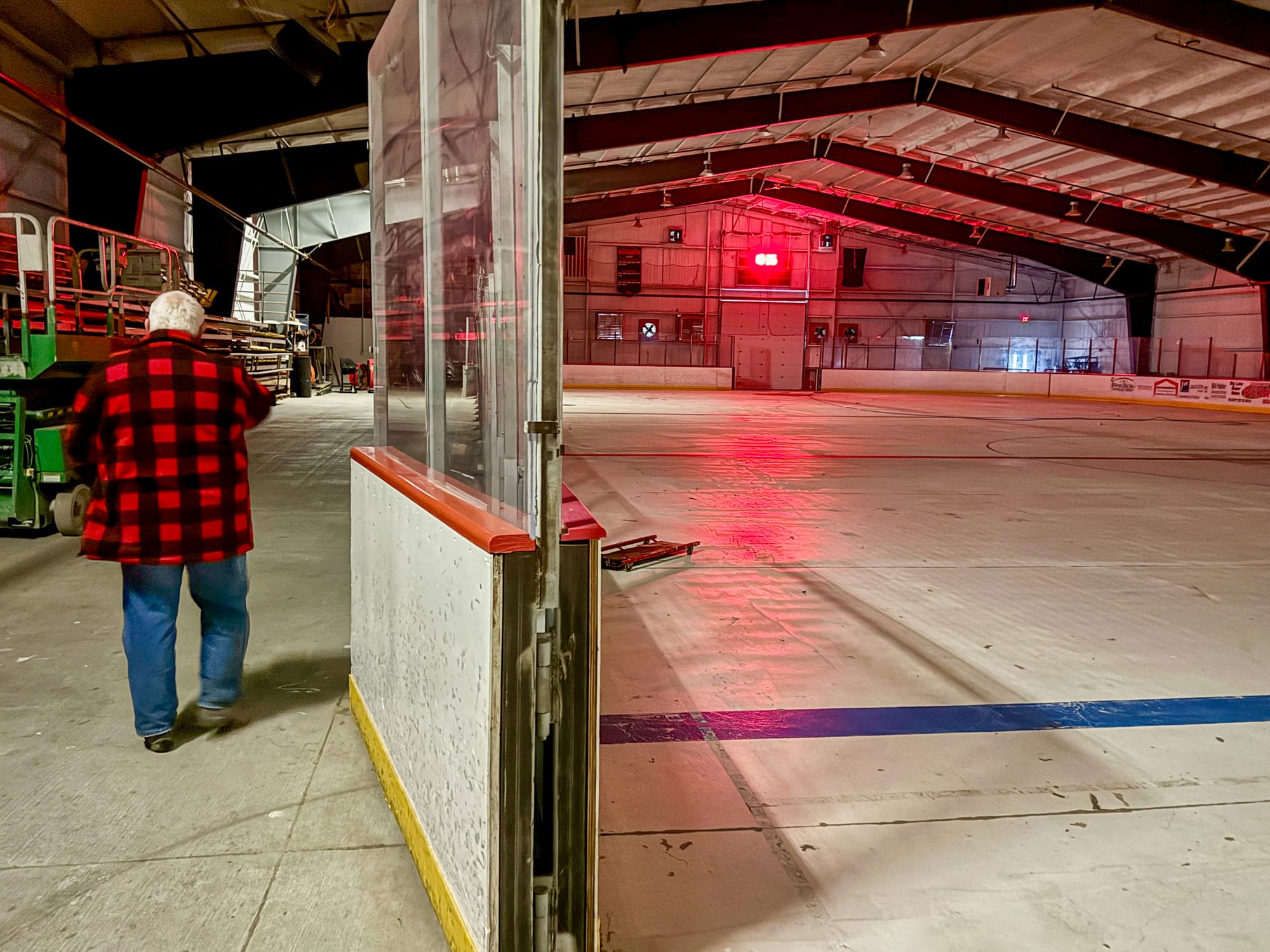
Haller, whose regular tasks range from sharpening hockey skates to compacting the parking lot, ran the building as a volunteer until the Lions Club hired him so they could provide insurance to cover on-the-job injuries, such as falls on the ice, he said. He has been paid $500 a week since about 2012, he said.
“There are people who think the Lions make money off this,” he said. “It’s a community service. … If the borough can’t figure out how to make it work, we have to do something, because there isn’t enough money to pay someone to do this.”
The $400,000 purchase price is well below the property and adjacent parking lot’s $3.8 million assessed tax value, officials said. It covers a $300,000 state Alaska Industrial Development and Export Authority loan held by the Big Lake Lions Club and pays the club $100,000, they said.
Mat-Su Sentinel thanks its sponsors. Become one.
If approved, the purchase would mark the first major addition to the borough’s recreational facilities in decades, even as the region’s population has grown by more than 20% since 2010.
The Assembly will consider funding for the facility early next year as part of the 2025 budget process, according to a resolution approved this month.
While several Assembly members said they support the plan, not everyone is fully behind the effort, partly because it comes with high operating costs that far exceed the center’s current revenue.
“I’d like to ask [Borough] Manager Brown to come up with exact and realistic numbers of what it would cost to operate this before we make that decision,"
Assembly member Dmitri Fonov said during a purchase discussion at a meeting this month. Fonov’s district includes portions of Palmer and Wasilla.
The center brings in about $200,000 annually in rental fees, Haller told the Assembly last month. It operates at an annual loss of about $100,000, with costs covered by Lions Club fundraising, he said in an interview.
Those operating costs would increase under borough management, said Jillian Morrissey, the borough’s community development director, mainly because volunteers would have to be replaced with paid employees.
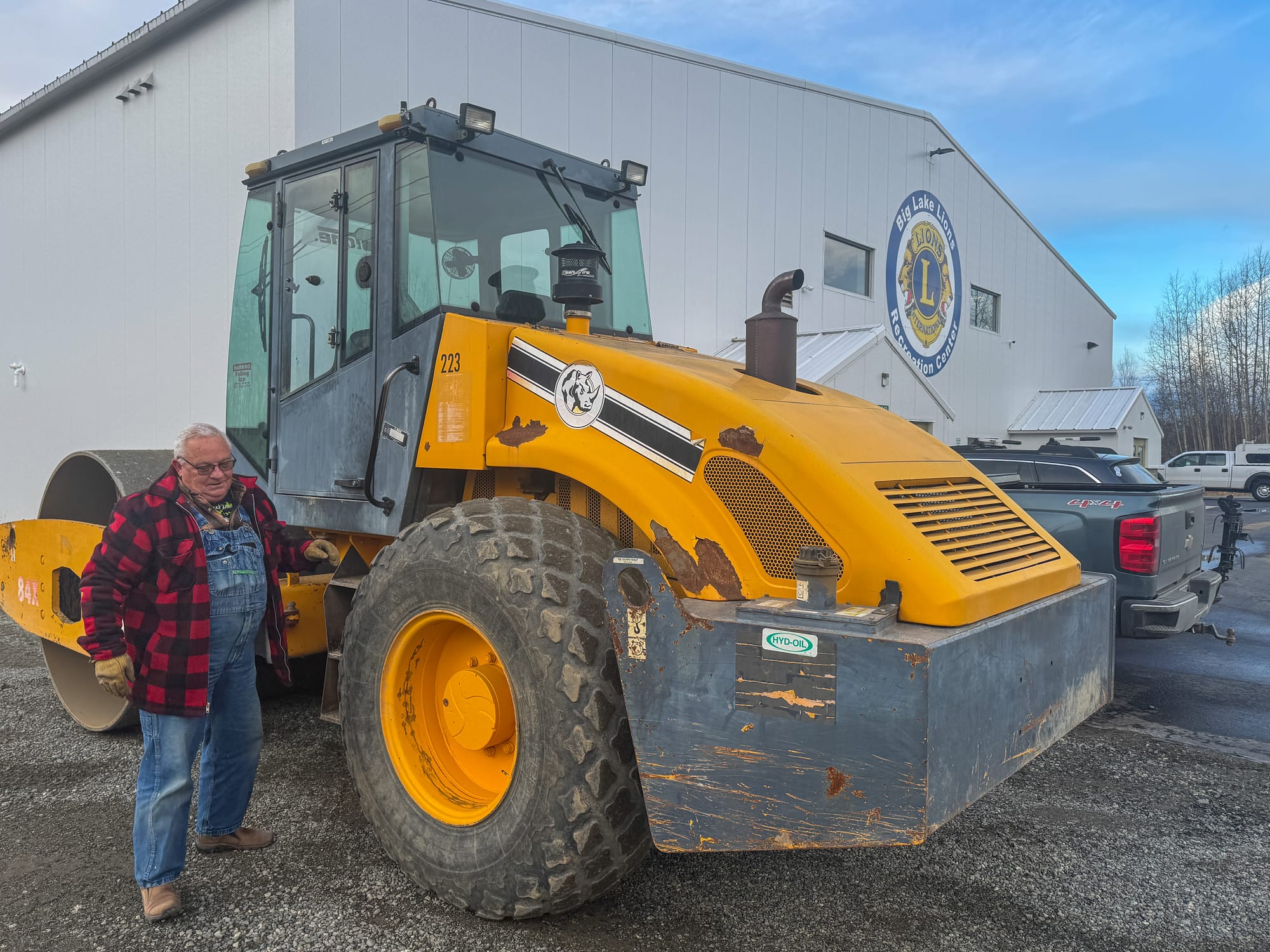
Running the center would likely cost the borough about $262,000 over the first year, a price tag that could increase significantly over time depending on upgrades, she said.
For example, the borough could extend the facility’s ice season by replacing the current air-cooled hard ice system, which relies on cold outdoor temperatures, with a $1.5 million refrigeration system upgrade that could be used year-round. That change would bring in additional ice rental revenue, Morrissey said, but would also significantly increase utility costs.
The Big Lake center currently spends about $37,000 a year on utilities for its air-cooled system and heated adjacent building, according to borough documents. In contrast, the refrigerated borough-operated Brett Memorial Ice Arena in Wasilla spends about $200,000 annually, according to a borough budget tally.
A borough takeover of the Big Lake center would also likely bring significant fee changes for users, officials said. For example, recreational skating at the facility is currently free, but would likely increase to the $10 the borough charges at Brett Memorial Arena. And while Haller said the Lions Club often negotiates rates with renters for use of the heated community room and commercial kitchen, the borough would likely implement a fixed rate schedule.
Morrissey said consistent hours and expanded programming would attract more users, even with higher fees. Borough oversight, for example, could pave the way for a before- and after-school child care program run by a local nonprofit, she said, while consistent staffing would allow for more community events to be held at the facility.
Sign up for Mat-Su Sentinel
Get stories like this one straight to your inbox.
No spam, we promise. Unsubscribe anytime.
Ultimately, purchasing the community center would give the borough a chance to expand its recreational facilities to accommodate the region’s growing population while also better serving residents of Big Lake, a part of the region that rarely sees new services, said Assembly member Bill Gamble, who represents the area.
“People that live outside the core area are second-class citizens, if you will, to the core area of the borough,” he said in an interview this month. “They don’t get services that they need by not having places like the Big Lake Lions Club and other places for young kids to grow.”
— Contact Amy Bushatz at abushatz@matsusentinel.com.






